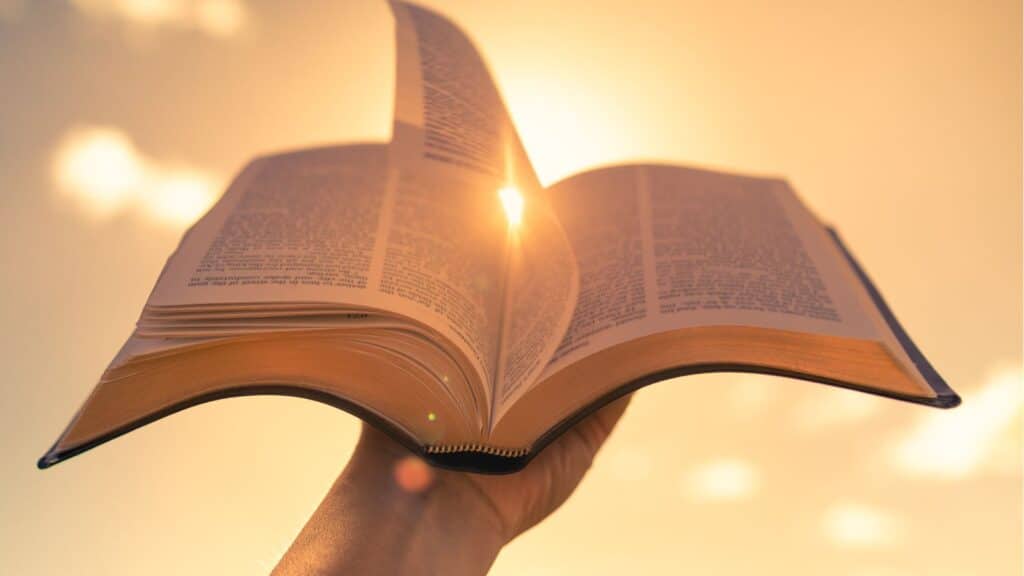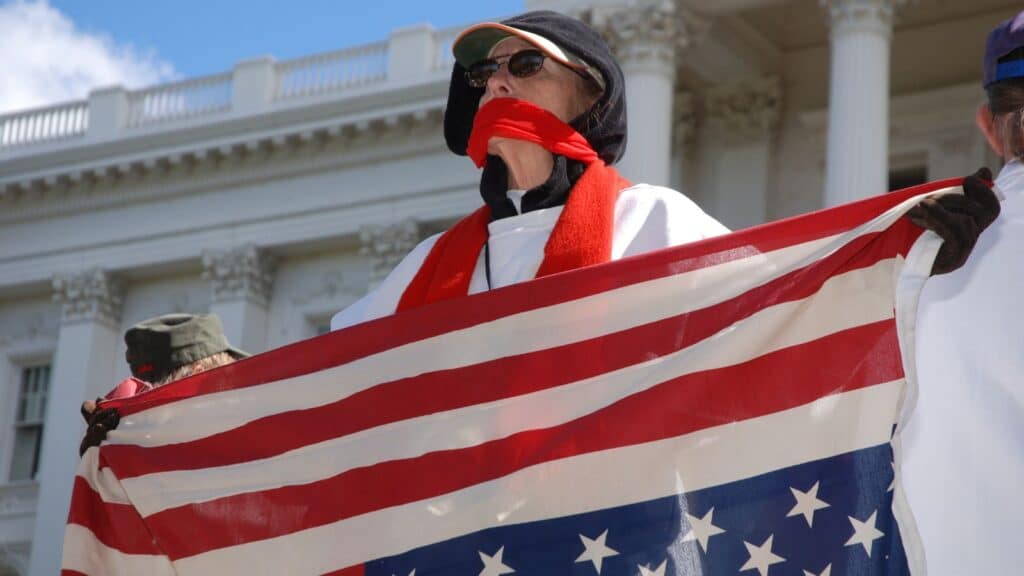As one of the oldest religions, Catholicism is more than just a set of beliefs; it’s a complex culture and a way of life. Since its creation over 2,000 years ago, Catholic culture has developed plenty of strange, unique quirks that outsiders struggle to understand. Here are 25 quirks of Catholic culture that still puzzle non-believers.
Driving in Silence

Rather than turning up the radio or blasting their favourite tunes, many Catholics choose to drive in silence. This might seem strange to some, but it has a deeper religious meaning. To Catholics, sacred silence indicates the presence of the Lord, and they are encouraged to seek it whenever possible.
Regularly Making the Sign of the Cross
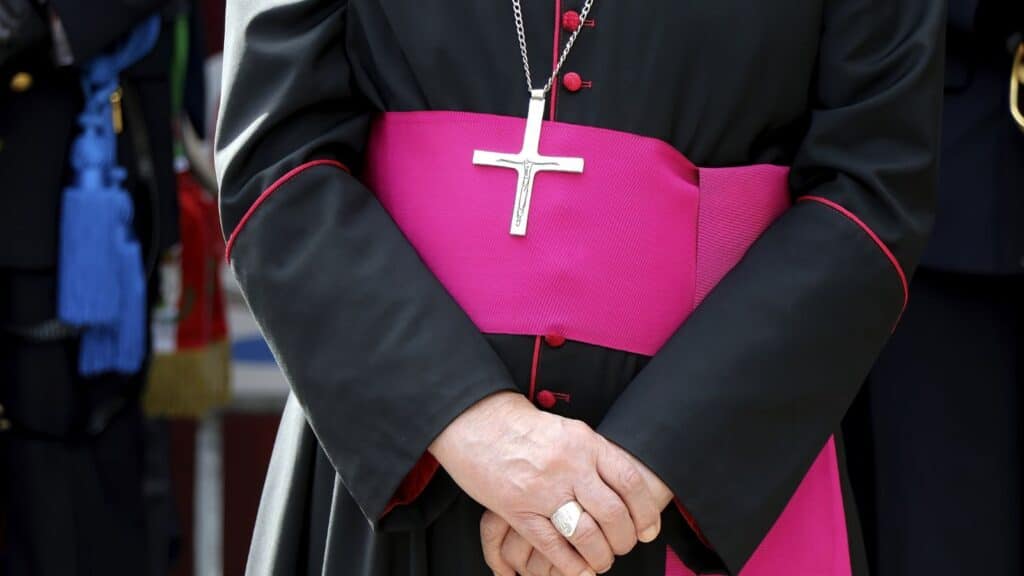
Making the sign of the cross is a common Catholic gesture, and it isn’t limited to church gatherings. Catholics can make the sign of the cross whenever they pass a church, or if they hear the name of Jesus taken in vain. This can cause some confusion in public places.
No-Meat Fridays

To honor the sacrifice that Christ made on their behalf, Catholics deprive themselves of meat every Friday. If you’ve planned a meat extravaganza for your Friday dinner party, keep your Catholic friends in mind.
Fish-Fridays
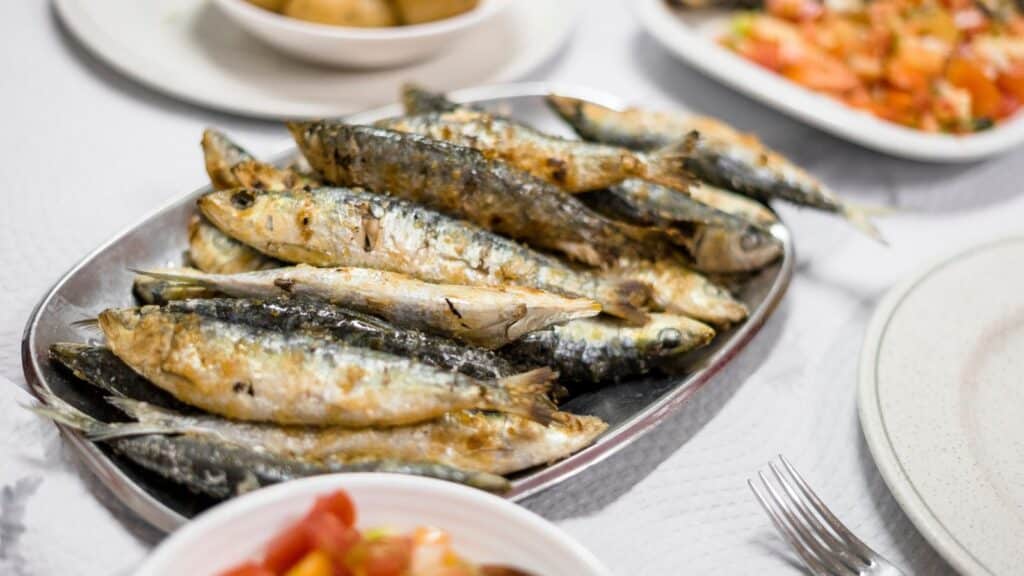
While eating meat on Fridays is frowned upon, treating the family to fish and chips is totally fine. In Catholic households, “Fish Fridays” is a much-loved tradition and a great meat substitute.
Carrying Holy Water
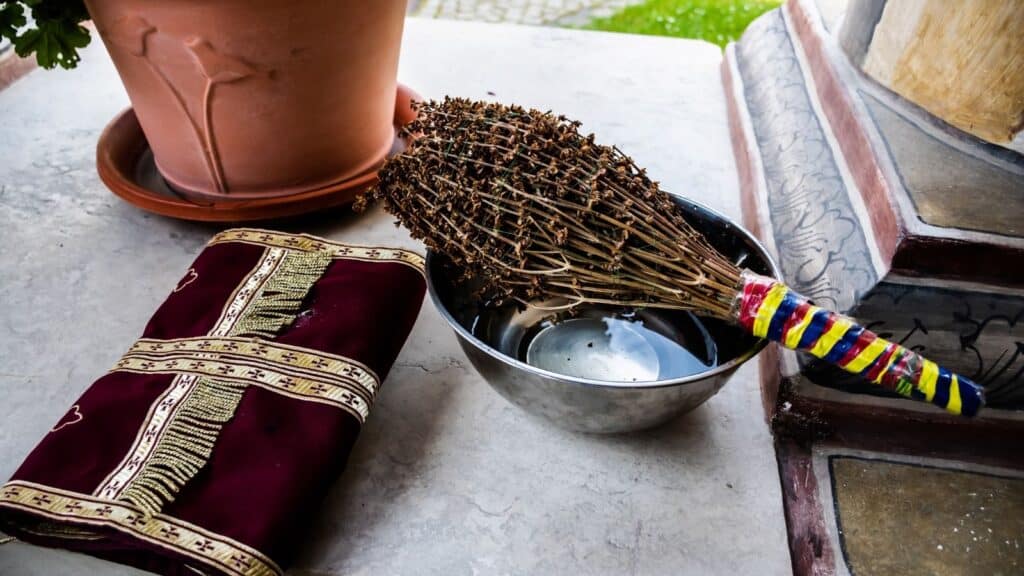
Holy water is blessed by God himself and is a common aspect of Catholic life. At one time, it was believed to cure disease and is used now to provide salvation and comfort. Don’t be surprised if you see a Catholic carrying a vial of holy water while they’re out and about.
Going on Pilgrimages
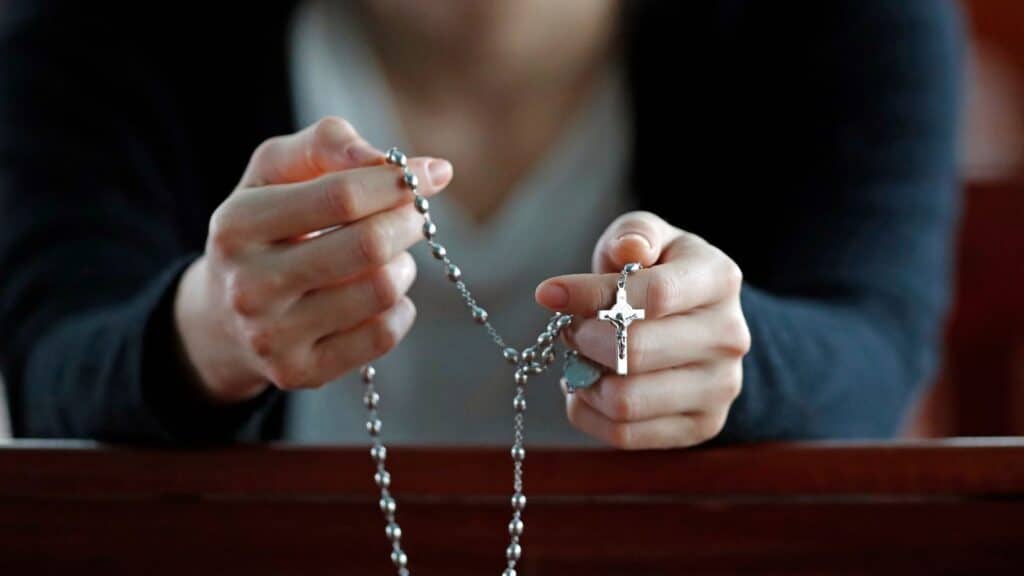
Catholics visit sites linked to important saints to feel a closer connection with God, and they might travel long distances to do so. Family pilgrimages are common, and some families will plan their vacations around paying respect to a holy relic.
Naming Children After Saints
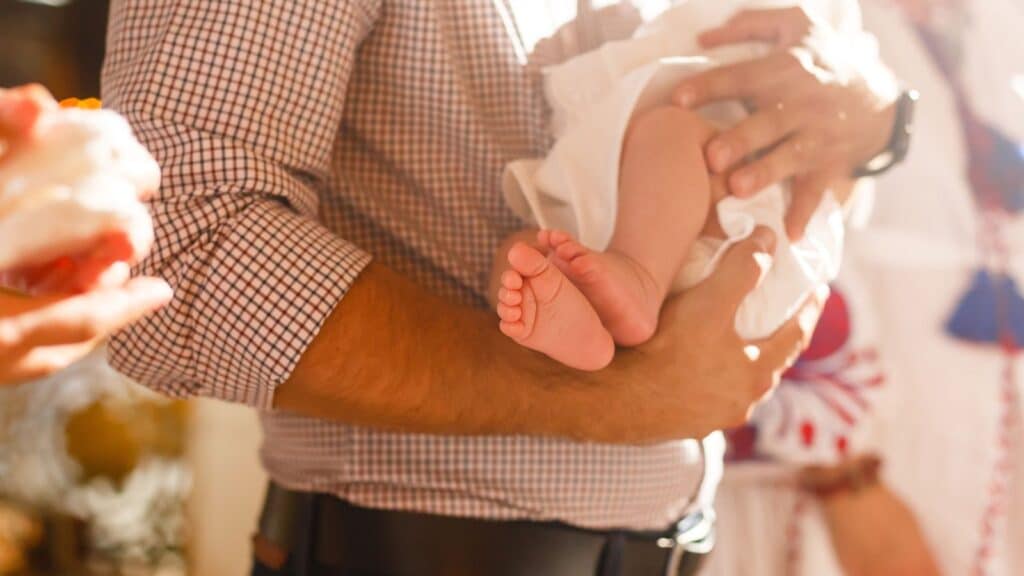
Outsiders often find it strange that many Catholics they meet share names, such as Michael, Andrew, or Catherine. Naming children after important saints is an ancient tradition, although it might get confusing at Church gatherings.
Carrying Saint Cards
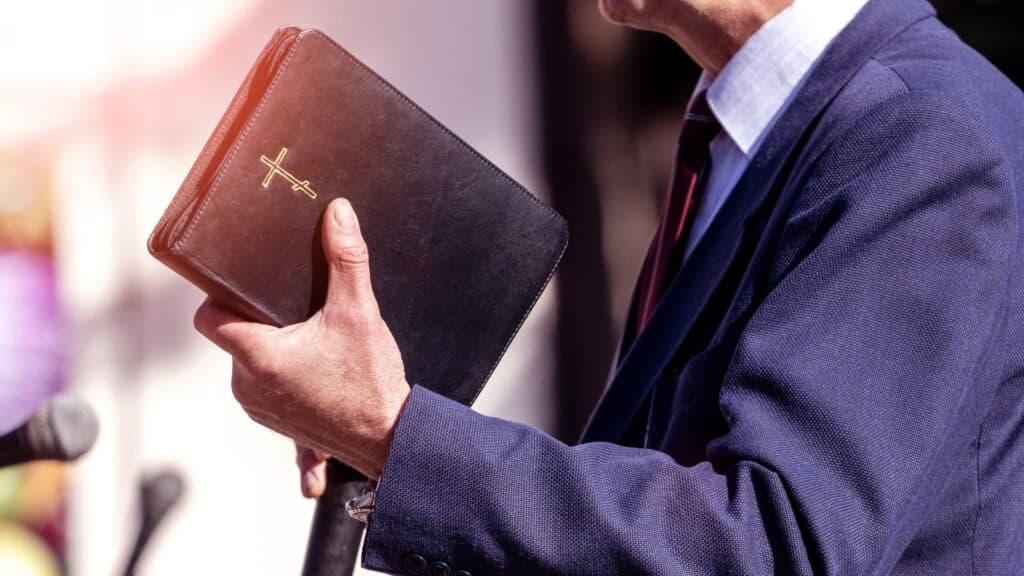
Visitors to Catholic households might notice saint cards scattered around, appearing on tables, attached to mirrors, and on the fridge. This may seem like a strange decoration, but Saint cards remind Catholics of their religion’s historic advocates.
Genuflecting
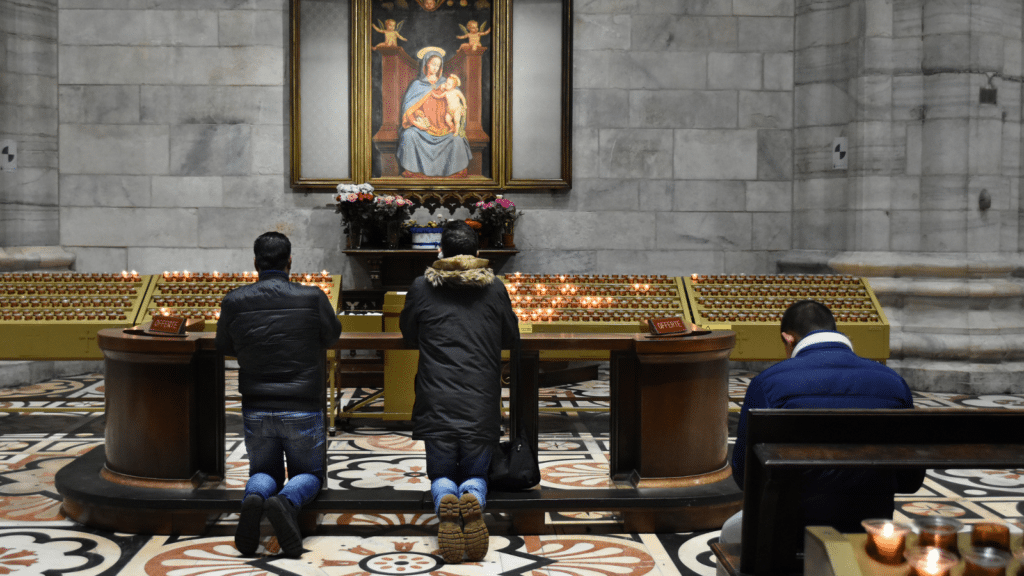
As a sign of respect, Catholics are taught to lower their body by bending one knee to the ground. This can seem bizarre to non-believers when they see Catholics genuflecting in public places.
Liturgical Colours

Colors have deeper meanings in most religions, and Catholicism is no different. Catholic children are taught the significance of liturgical colours, and when is appropriate to wear them. If their priest is wearing a pink vestment one day and a green robe the next, Catholics need to know why.
Frequent Processions

Catholics commonly gather for a procession before Mass, weddings, or when heading to a holy site. As processions often pass through public streets, this can cause a lot of confusion among non-believers.
Praying Before Every Meal
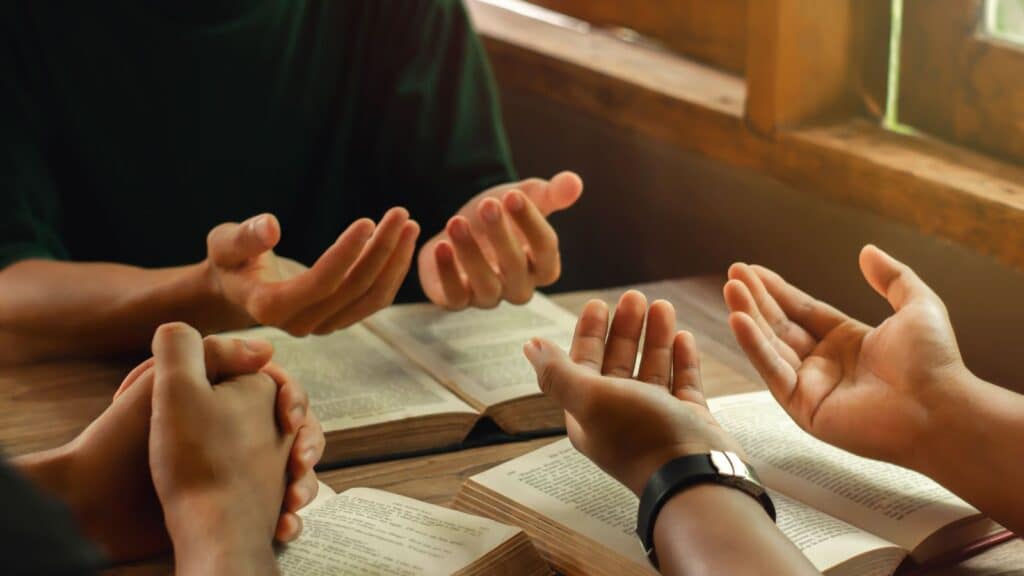
Saying grace and thanking God for the food He provides is a part of any Catholic’s daily routine. To those who aren’t familiar with the Catholic faith, the concept of praying before every meal can seem like an unusual concept.
Keeping Rosaries in Strange Places
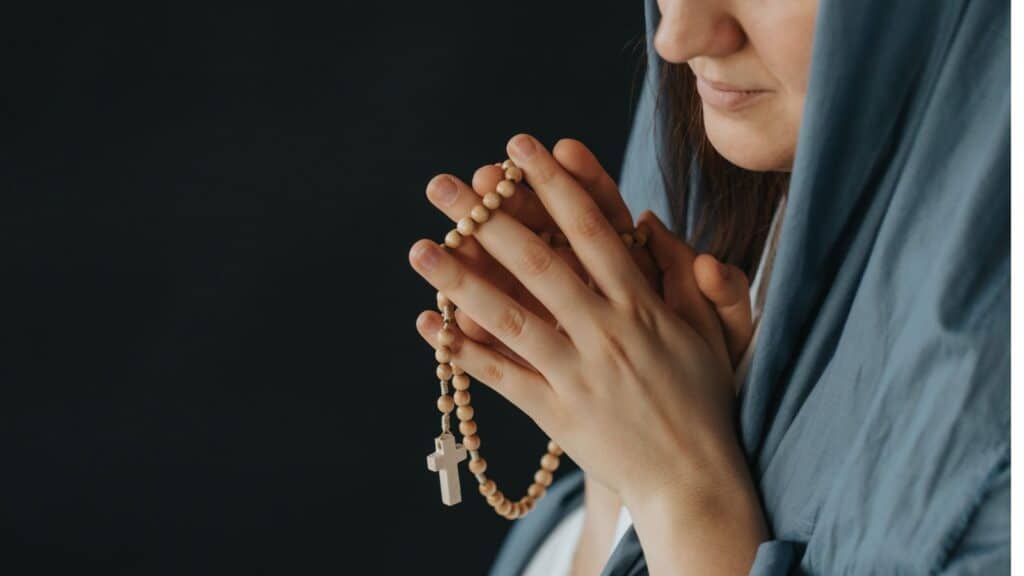
A set of rosary beads is a coveted personal item for any Catholic, but many outsiders wonder what this strange accessory means. What’s more, Catholics won’t limit themselves to just one, keeping rosaries in their cars, wallets, and throughout their homes.
Wearing Saint Medals
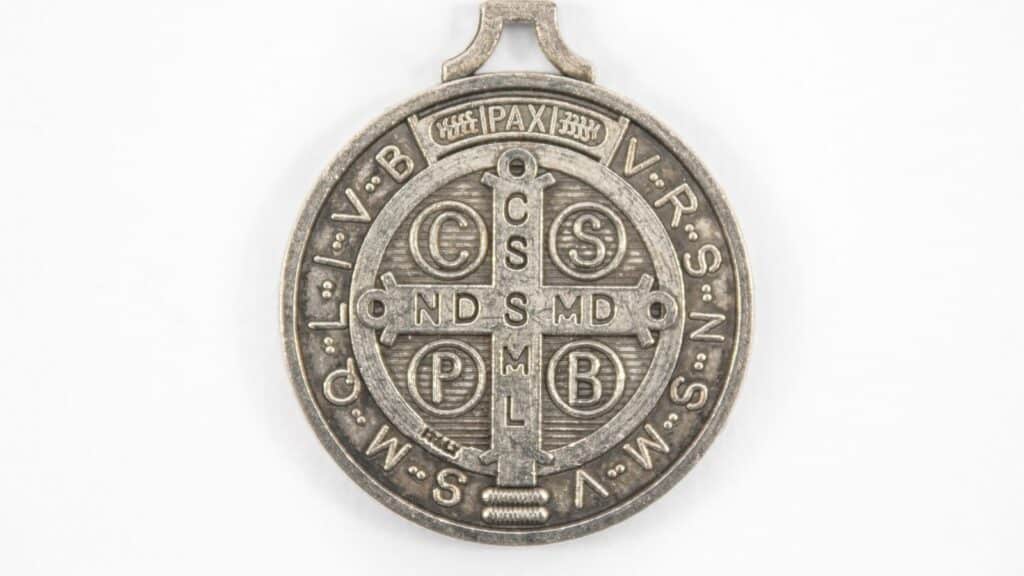
Saint medals are another quirky Catholic accessory that frequently puzzles non-believers. These silver medals are worn for protection, to honor someone’s patron saint, or as a demonstration of devotion.
Prioritising Confession
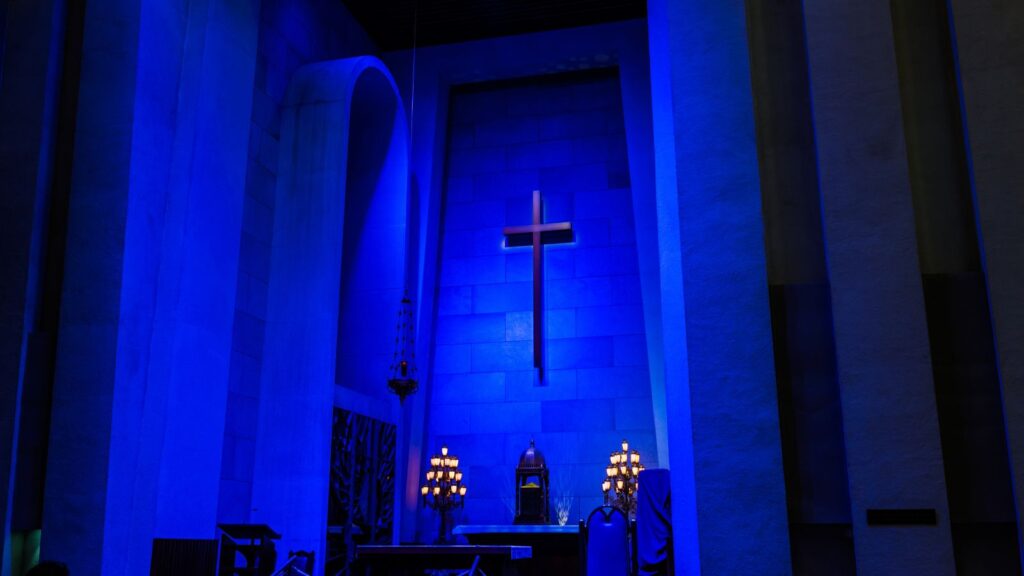
Entering a dark chamber to confess sins is a unique feature of Catholicism. According to scripture, if a Catholic commits one of the many sins against God, they must unburden themselves and seek their church priest.
Sunday Obligations
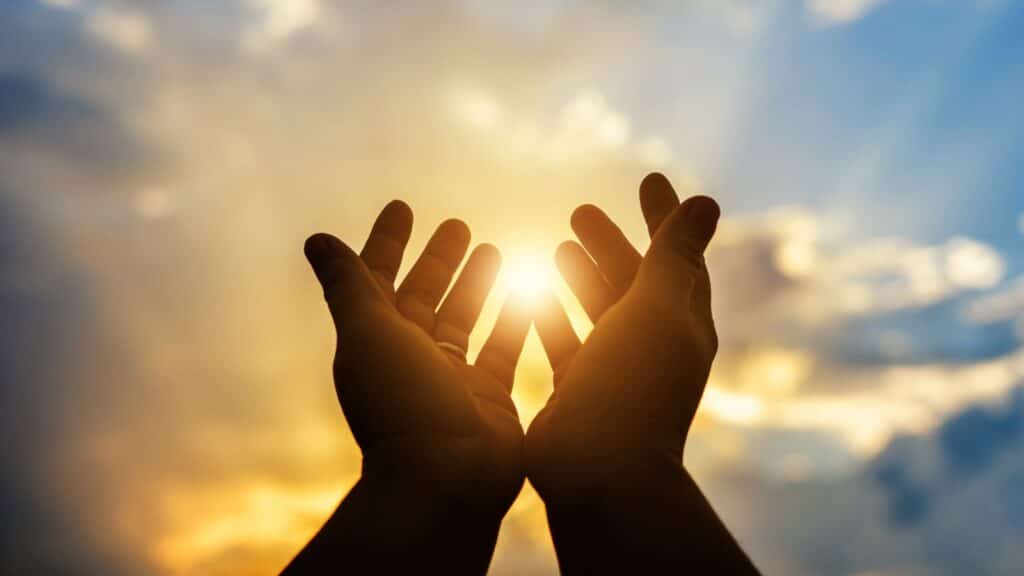
For most people, Sundays are for sleeping in late and making a slow start to the morning. But for Catholics, their day starts bright and early as they attend obligatory mass. This means subdued Saturday nights in preparation for a day’s worship.
Making A “Holy Hour”
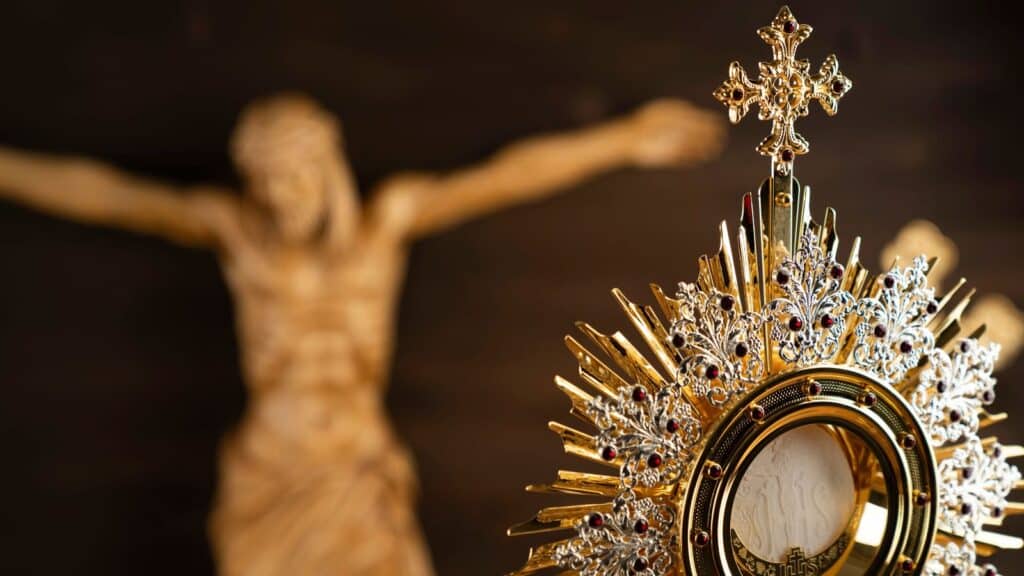
Even on their busiest days, Catholics are encouraged to make time for a “Holy Hour,” or 60 minutes to spend alone with God in silent worship. Depending on the church, Catholics should aim to make 3 to 4 pm their holy hour, which can be difficult for those who work full time.
Fasting An Hour Before Mass
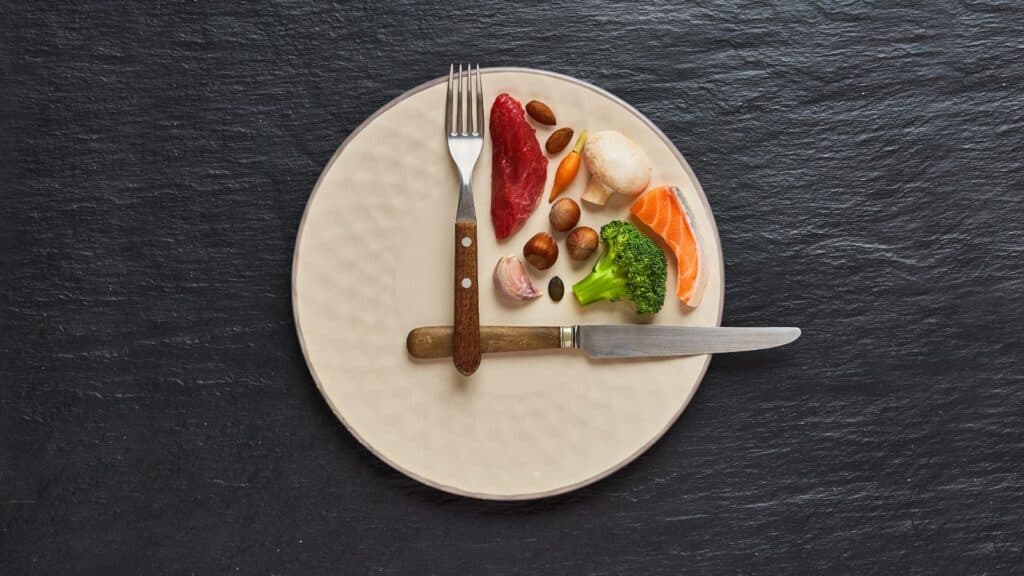
Before receiving the Eucharist, or the reception of bread and wine, Catholics must fast for approximately one hour. This might seem strange, but it’s supposed to enhance reverence for the Eucharistic bread.
Strange Holy Relics
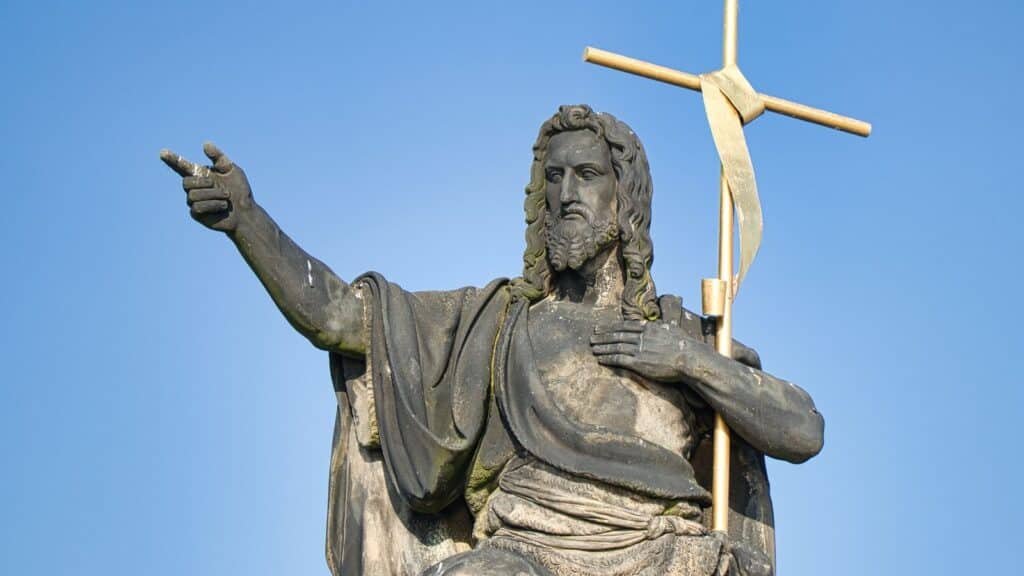
From the tongue and jaw of Anthony to the head of Saint John, Catholicism has an array of strange holy relics. These are often the possessions or body parts of venerated Saints and are kept at Catholic sites across the world.
Epiphany Chalk
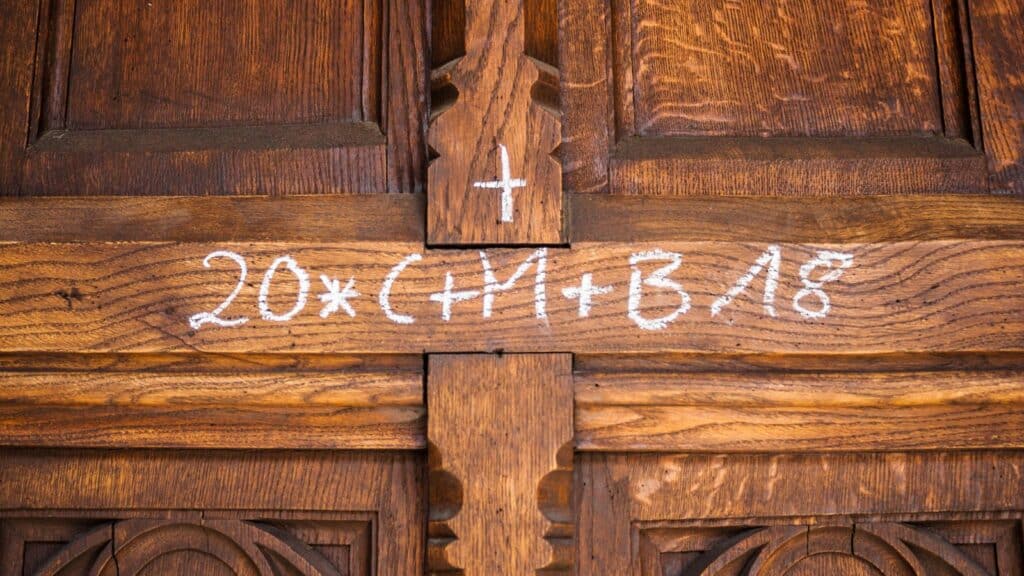
The chalking of doors is used to bless a home or church. While they might look like meaningless scrawls to the untrained eye, it’s actually a sacred formula associated with the celebration of Epiphany or Twelfth Night.
Indulgences

Indulgences are a strange and ancient tradition making a solid comeback among the Catholics of today. An indulgence is a way to reduce the amount of punishment a Catholic receives for their previous sins. It can mean partaking in charitable work or spending some extra time in prayer.
Saying Hail Mary
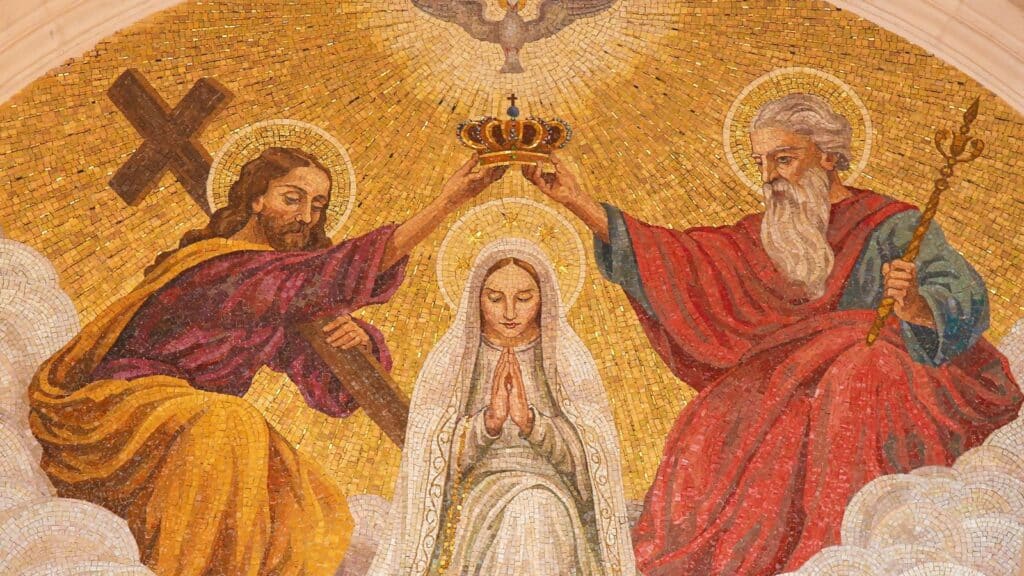
Since Mary is so close to Jesus in heaven, Catholics will say “Hail Mary” as a way of reaching Christ in prayer. The more a Catholic says the Hail Mary prayer, the more respect they are showing to the mother of Jesus, meaning they could exclaim it at any time.
Missionary Work
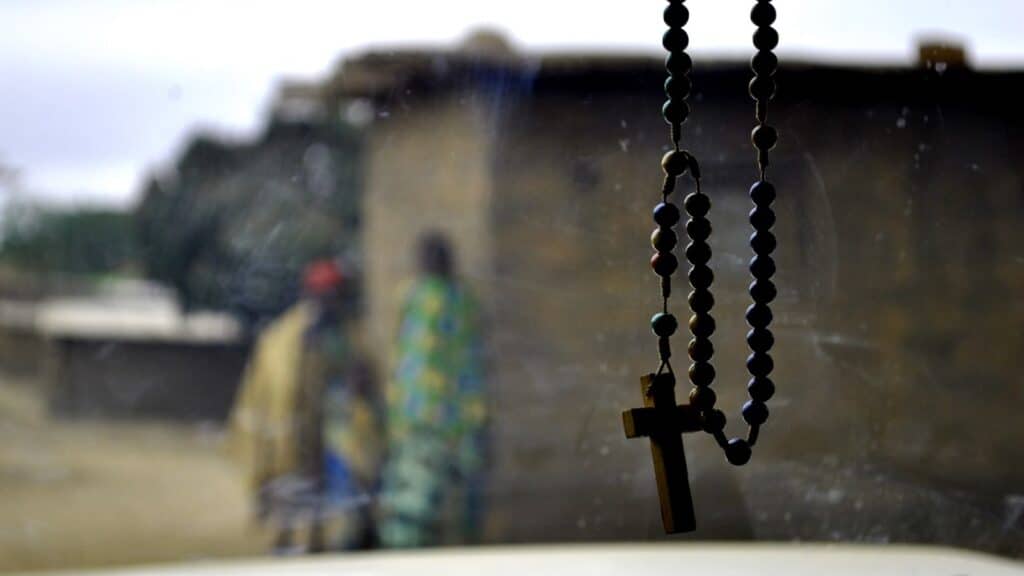
Missionary work is a staple of Catholic culture and involves helping a community while teaching the gospel. Catholics may join a community and spread the word of God for weeks or months at a time, providing they contribute services such as building schools or churches. This practice is rarely seen in other religions.
Receiving Ashes on Ash Wednesday
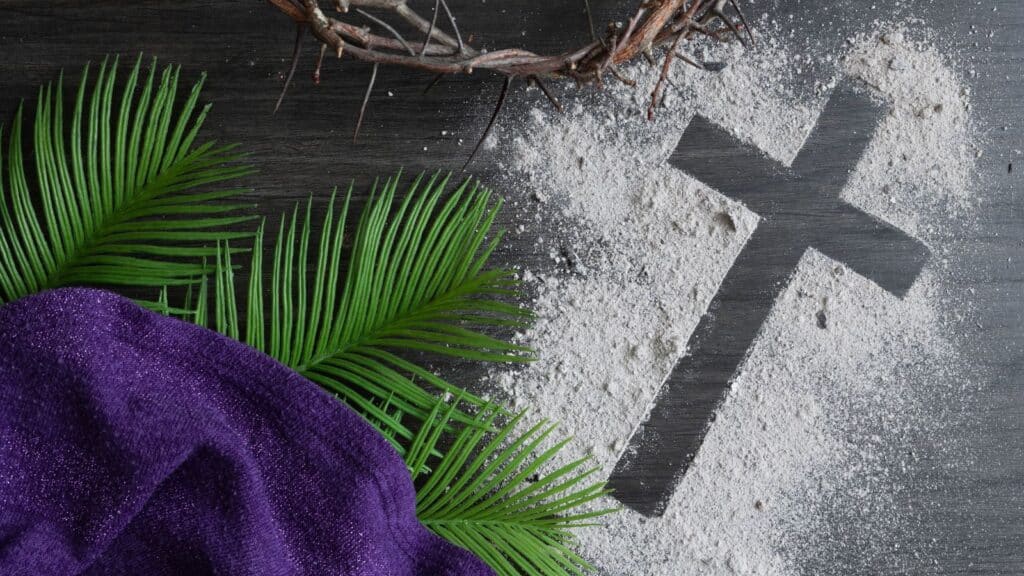
To mark the beginning of Lent and the season of penance, Catholics celebrate Ash Wednesday in the most literal way possible. While at church, Catholics have ash scattered on their foreheads to symbolise their mortality and need to repent.
Penance Starts at Birth
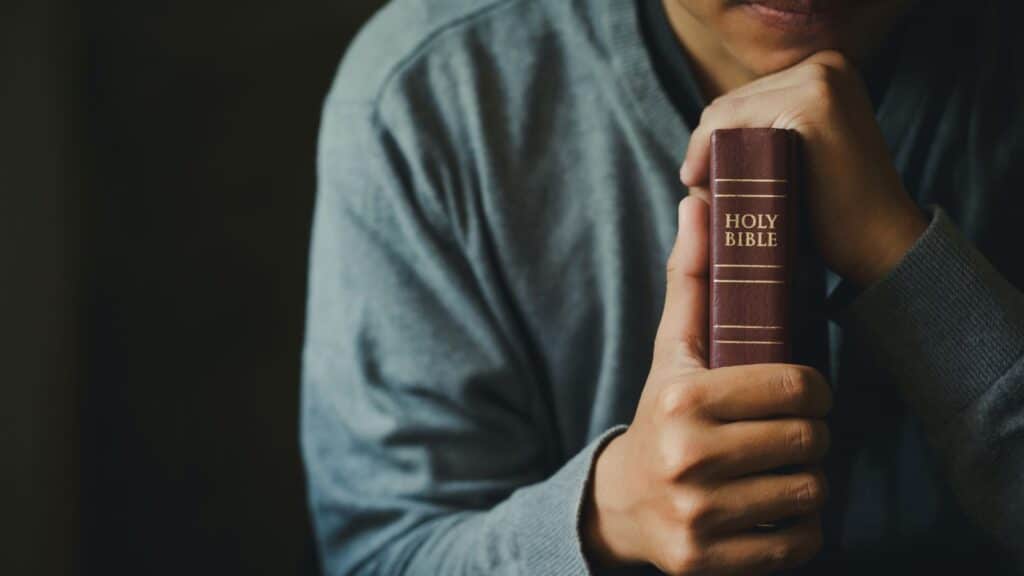
The act of baptism is seen as the start of a young Catholic’s repentance journey. In fact, no unbaptized person can be fully absolved of their sins. That’s because when someone is baptized, their original sin or past wrongdoings are removed. The idea of babies carrying original sin is up for theological debate, but the concept is another strange element of Catholic culture.
25 Hardest Parts About Getting Older That No One Ever Talks About

25 Hardest Parts About Getting Older That No One Ever Talks About
Deprived Desires: 25 Things Boomers Had That Modern Americans Can Only Long For

Deprived Desires: 25 Things Boomers Had That Modern Americans Can Only Long For
25 Reasons People Are Leaving California Permanently


